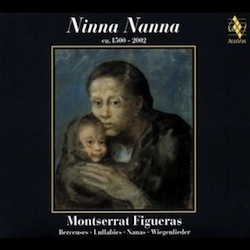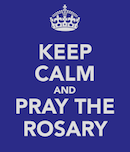It's Holy Week. If you don't mind, I'd like to give you a couple of advices about some “uncommon” holy music to listen.

“Daniel and the lions”, cover of the CD
Copyright © by Fonè
The former music piece is the Ludus Danielis
(Daniels and the lions). Based on the Bible's Book of Daniel, it's one of the most ancient medieval dramas that
survived (in some way) up to our age. One of its versions comes from the scholars of the Beauvais Cathedral in the
XII century and is a sort of “medieval music opera” where a number of characters play and sing on stage, with the
help of a chorus. It tells an episode of Daniel's life, when he was unjustly imprisoned and sentenced to death
into a cage with lions, then saved by God's intervention by means of an angel. The Ludus Danielis was often part
of the liturgy of Holy Week as God who saves Daniel is a prefiguration of the salvation through Jesus Christ's
sacrifice. The edition I own is
conducted by Frederick Renz. I don't remember how it came into my house, probably a gift of many years ago. Other
editions exist: and a lot of philological discussions too. In fact, we only have a partial knowledge about the
original score as well as the original instrumentation. In other words, there are different ideas about how this
music should be played and you should be aware that every approach is a best effort, but probably nobody will be
ever aware of how the Ludus Danielis was actually performed in the middle ages.

“Ninna Nanna”, cover of the CD
Copyright © by AliaVox
The latter music piece is “Hor ch'è tempo di dormire (Canzonetta spirituale sopra la nanna)”,
by Tarquinio Merula. Merula is a little known italian
composer of the same time as Claudio Monteverdi (XVII century) and as the latter can be considered a contributor
of the transition to the baroque style. Surprisingly enough, this music piece is formally a lullaby (“Now it's
high time you slept”). It's supposed to be sung by Mary to her child Jesus - but the Holy Mother has a sort of
premonition of the Passion of Christ. My edition is from the “Ninna
Nanna” CD by Jordi Savall, a collection of lullabies coming from different ages and cultures.
 RSS 2.0 Blog feed
RSS 2.0 Blog feed

